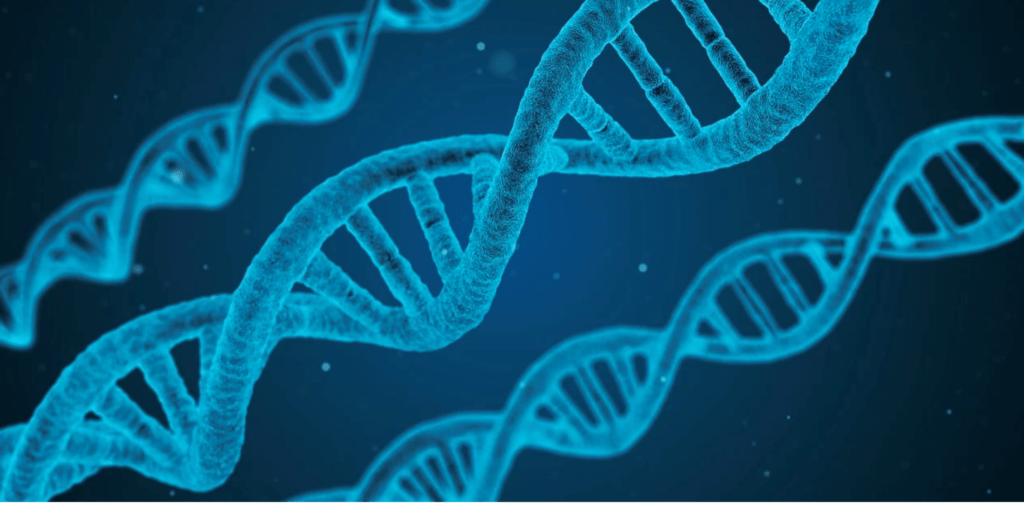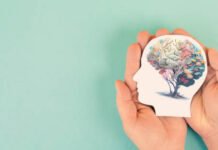
Is Depression Hereditary?
Major Depressive Disorder (MDD) is also known as clinical depression. It is the ranking form of depression in the world, and according to the Stanford School of Medicine, 1 in 10 Americans will experience it at some point or other. MDD is prolific among children, brothers, and sisters. According to the stats, if an individual has a close relative who suffers from MDD, the chances are up to 5 times greater of experiencing major depressive disorder.
Chromosome 3p 25-26 was the common denominator among 800+ families experiencing recurrent depression. This was discovered by a world-class research team from the United Kingdom. Scientists have gone a step further, and posited that upwards of 4 in 10 people who suffer from depression have genetic links to it. Environmental elements make up the remaining percentage. While the precise statistics vary from one research group to the next, there is consensus among the scientific community that people with relatives suffering from MDD are at a higher risk of developing depressive disorders themselves.
This crippling disease is more likely to occur when an individual is raised by someone with MDD. Given that children tend to copy what their parents do, it makes sense that a child who sees a depressed parent in a room in darkness, or alone, may think it normal. Depression tends to run along gender lines, with the majority of hereditary depression occurring in females, and a minority in males. Of course, genetic links are not the only indicator of potential depression in patients.
The Links Between Depression and Serotonin
Mental health researchers have found that depression and serotonin are linked. Brain neurons communicate with one another with serotonin. Imbalances in this chemical have been linked to an array of mood disorders. Notable among them are panic attacks and OCD. While there is certainly a body of research that tends to indicate that depression runs in families, such as parents and siblings, there are different types of depression which may not be related to the genetic linkages.
For example, situational depression is transient, spurred by major life events such as death, break-ups, loss of employment, destitution, a poor medical diagnosis, et al. Stanford Medicine, and its Genetics of Brain Function department has conducted extensive research into patterns of depressive disorders in families, to quantify the degree of heritability of depressive disorders. The research departments evaluated identical twins who have 100% identical genes. It is believed that identical twins are at a much higher risk of MDD than nonidentical twins.
When parents have depressive disorders, it appears that at least 50% of the depression is genetically based, and the remainder is physical factors, psychological factors, and others. Alternatively, in certain cases, depression could be linked entirely to the hereditary component. As of yet, there is no conclusive evidence to substantiate the notion that depression is completely based on genetics, partially based on genetics, or mostly based on environmental factors. Given that individuals are byproducts of their environment while sharing genes with people who may be depressed, it’s hard to identify the levels of causality.
Correlation Between Close Relatives
Stanford Medicine suggests that an individual with a history of depression in the family, such as a sibling, or a parent is 2 or 3 times more at risk of becoming depressed as compared to the average individual. Of course, these numbers increase markedly if the sibling or parent has had multiple instances of depression in their lives. The greater the incidences of depression, the more likely it is to develop. While specific diseases such as cystic fibrosis are caused by a gene, depression is also influenced by genetic factors. The truth of the matter is that scientists simply don’t know how many genes are responsible for causing depression in people.
Treatment Options for Depressive Disorders
Traditional treatments for depression include pharmacological and therapeutic remediation of depressive symptoms. SSRIs and SNRIs are the antidepressants of choice. If the MDD does not respond well to treatment options, alternative treatment for major depressive disorder is available in the form of Deep TMS, ECT, and vagus nerve stimulation. One of the latest FDA-approved treatments for MDD is Deep TMS (transcranial magnetic stimulation). None of the treatments can ‘eradicate’ or ‘alter’ the genes that are linked to MDD. Rather the treatments target areas of the brain that are thought to be responsible for depression. TMS uses a specialized helmet with electromagnetic waves to ‘realign’ brain chemistry.
There are many mental health conditions closely associated with depression, such as anxiety disorders. Depending upon the age of the individuals suffering from anxiety disorders or MDD, people may or may not be susceptible to these mental health disorders. When depressed people are under the age of 20, their family members are much more likely to pass it on through the gene pool. The short and sweet of it is that genetics certainly plays a role in depression, but traumatic events, and environmental factors have a part to play too. Yet even with clear genetic links to a depressed relative, studies cannot account for people who develop depression with no familial history of it.



